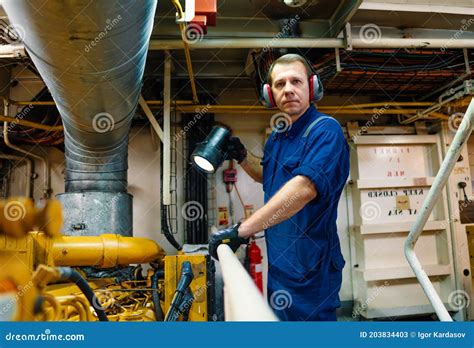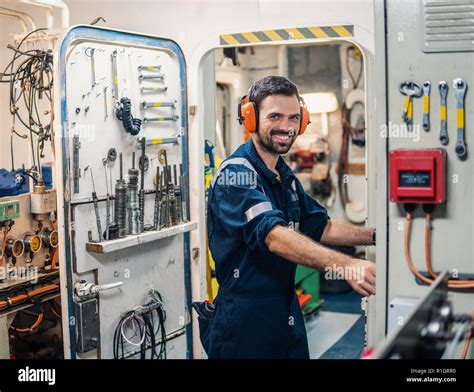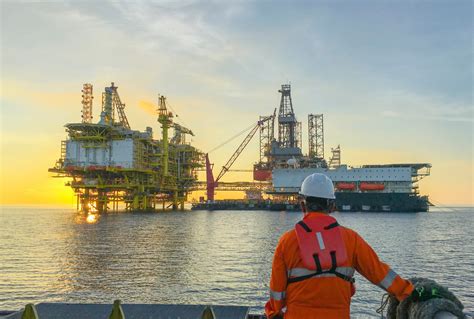Marine engineering is a fascinating field that combines the principles of engineering with the complexities of the marine environment. It involves the design, construction, and maintenance of ships, boats, and other marine vessels, as well as the development of new technologies and systems to improve their performance and efficiency. Marine engineers work on a wide range of projects, from small sailboats to massive cargo ships, and are responsible for ensuring that these vessels are safe, reliable, and environmentally friendly.
The field of marine engineering is highly interdisciplinary, drawing on knowledge from mechanical engineering, electrical engineering, computer science, and materials science, among other disciplines. Marine engineers must have a strong understanding of the physical and biological principles that govern the behavior of marine systems, as well as the ability to design and optimize complex systems and structures. They must also be able to work effectively in teams, communicate complex ideas to non-technical stakeholders, and balance competing demands for performance, safety, and environmental sustainability.
Key Points
- Marine engineering involves the design, construction, and maintenance of marine vessels and systems
- Marine engineers work on a wide range of projects, from small sailboats to massive cargo ships
- The field of marine engineering is highly interdisciplinary, drawing on knowledge from multiple disciplines
- Marine engineers must have a strong understanding of physical and biological principles, as well as design and optimization skills
- Marine engineers must balance competing demands for performance, safety, and environmental sustainability
Subfields of Marine Engineering

Marine engineering is a broad field that encompasses a number of subfields, each with its own unique challenges and opportunities. Some of the main subfields of marine engineering include:
Ship Design and Construction
Ship design and construction involves the creation of new marine vessels, from concept to launch. This includes the design of the hull, superstructure, and propulsion systems, as well as the selection of materials and the oversight of construction. Ship designers and constructors must balance competing demands for performance, safety, and cost, while also ensuring that their designs meet regulatory requirements and industry standards.
Marine Propulsion Systems
Marine propulsion systems involve the design, development, and maintenance of the systems that power marine vessels. This includes diesel engines, gas turbines, and other types of propulsion systems, as well as the transmission and control systems that connect them to the propeller or other propulsion devices. Marine engineers working in this area must have a strong understanding of thermodynamics, mechanics, and control systems, as well as the ability to optimize system performance and efficiency.
Offshore Engineering
Offshore engineering involves the design, construction, and maintenance of structures and systems in the marine environment, such as oil rigs, wind farms, and coastal protection systems. Offshore engineers must have a strong understanding of the physical and biological principles that govern the behavior of marine systems, as well as the ability to design and optimize complex structures and systems for extreme environments.
| Subfield | Description |
|---|---|
| Ship Design and Construction | Creation of new marine vessels, from concept to launch |
| Marine Propulsion Systems | Design, development, and maintenance of propulsion systems |
| Offshore Engineering | Design, construction, and maintenance of structures and systems in the marine environment |

Career Paths in Marine Engineering

Marine engineering is a rewarding and challenging field that offers a wide range of career paths for engineers and other professionals. Some of the main career paths in marine engineering include:
Ship Designer
Ship designers are responsible for creating the designs for new marine vessels, from concept to launch. They must have a strong understanding of naval architecture, marine engineering, and other relevant disciplines, as well as the ability to work effectively with clients and other stakeholders.
Marine Engineer
Marine engineers are responsible for the design, development, and maintenance of marine vessels and systems. They must have a strong understanding of mechanical engineering, electrical engineering, and other relevant disciplines, as well as the ability to work effectively in teams and communicate complex ideas to non-technical stakeholders.
Offshore Engineer
Offshore engineers are responsible for the design, construction, and maintenance of structures and systems in the marine environment. They must have a strong understanding of the physical and biological principles that govern the behavior of marine systems, as well as the ability to design and optimize complex structures and systems for extreme environments.
What is the role of a marine engineer?
+A marine engineer is responsible for the design, development, and maintenance of marine vessels and systems. They must have a strong understanding of mechanical engineering, electrical engineering, and other relevant disciplines, as well as the ability to work effectively in teams and communicate complex ideas to non-technical stakeholders.
What are the different subfields of marine engineering?
+The main subfields of marine engineering include ship design and construction, marine propulsion systems, and offshore engineering. Each of these subfields has its own unique challenges and opportunities, and requires a strong understanding of relevant disciplines and principles.
What are the career paths available in marine engineering?
+Marine engineering offers a wide range of career paths, including ship designer, marine engineer, and offshore engineer. Each of these career paths requires a strong understanding of relevant disciplines and principles, as well as the ability to work effectively in teams and communicate complex ideas to non-technical stakeholders.



